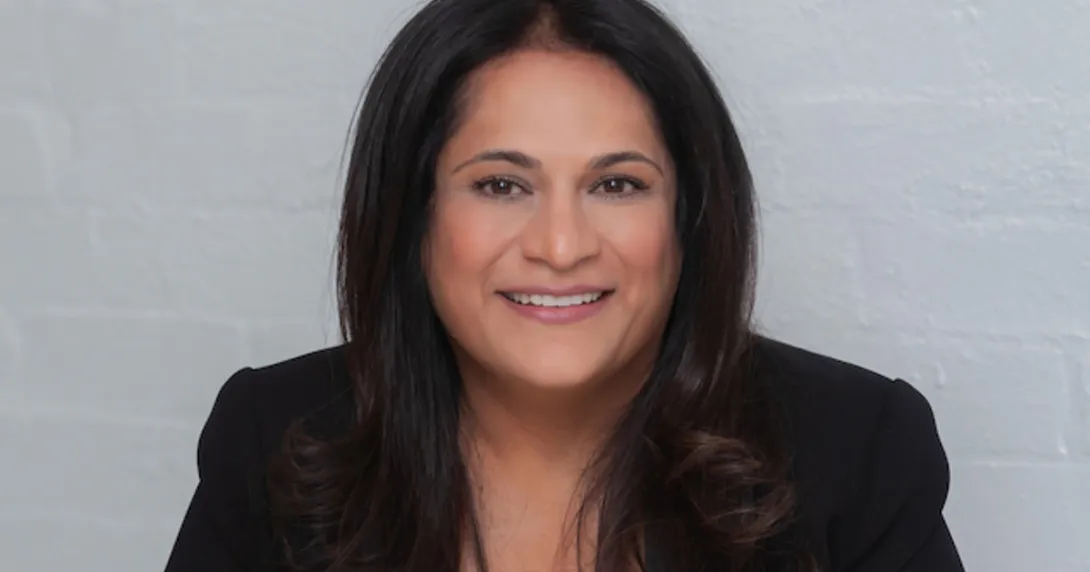
Ramsay Health Care will start augmenting clinical documentation across its network of private healthcare facilities in Australia with AI.
Its new AI-powered tool called Ramsay Scribe is set to be piloted at the emergency department of St Andrew’s Ipswich Private Hospital in Queensland. The technology is also expected to be tested in inpatient and mental health outpatient settings of the group.
Ramsay Scribe's development is part of Ramsay's 10-year digital transformation strategy, which involves scaling the adoption and application of AI tools to streamline workflows and reduce administrative burden. In 2023, Ramsay tapped Google Cloud as its data and innovation partner, particularly in building its core digital project, a centralised data hub on BigQuery.
Healthcare IT News spoke with Dr Rachna Gandhi, Ramsay’s Chief Transformation, Digital, and Data Officer to learn more about Ramsay Scribe and how it has been received by staff. She explained how this technology added value to their service and shared similar digital projects in the pipeline.
Q. What prompted the company to develop the tool?
A. Ramsay Health Care identified a need to enhance clinical documentation efficiency while reducing the administrative burden on clinicians. By leveraging AI-powered tools like Ramsay Scribe, we aim to improve workflow productivity, reduce burnout, and allow clinicians to focus more on patient care rather than paperwork. The growing advancements in AI and speech-to-text technology provided an opportunity to implement a solution that enhances both accuracy and speed in documentation.
Q. What partners were involved?
A. We collaborated with T-Pro, a provider of AI-driven clinical documentation solutions, to develop and refine Ramsay Scribe. Their expertise in speech recognition and large language models helped ensure that the tool was optimised for the clinical environment.
Most importantly, we engaged with our frontline healthcare teams to ensure that the solution meets their needs, is practical, intuitive, and seamlessly integrates into existing workflows.
Q. What was the timeline of the work?
A. The development of Ramsay Scribe began in mid-2024 with initial research and planning. Mid-late 2024, we moved into prototyping and testing, and then the pilot implementation began in January this year. We plan to continue our rollout across key sites in the coming months. This phased approach has allowed us to refine the tool based on real-world clinician feedback while ensuring a smooth implementation.
Q. What does this allow Ramsay Health Care to do that it couldn’t before?
A. Ramsay Scribe enables faster, more accurate clinical documentation, reducing the time clinicians spend on manual notetaking. This improves efficiency, supports compliance with documentation standards, and most importantly, enhances the patient experience by allowing clinicians to dedicate more attention to direct care. Additionally, it provides more structured and complete patient records, which can contribute to better decision-making and continuity of care.
Q. How have staff and patients responded to the new tool?
A. The feedback from clinicians has been overwhelmingly positive, noting significant reductions in time spent on documentation and improved workflow efficiency. Staff have also appreciated the tool’s ease of use and seamless integration into their daily routines.
From a patient perspective, they will benefit from more engaged and present clinicians who can focus on delivering high-quality care without extensive manual documentation.
Q. What are the next steps for Ramsay after developing this tool?
A. We are continuing to refine Ramsay Scribe based on user feedback and expanding its use across additional specialties and clinical settings. We are also exploring potential AI enhancements, such as real-time summarisation and predictive text capabilities, to further improve efficiency.
Q. How does it fit into Ramsay’s wider strategy, such as the patient tracking tool?
A. Ramsay Scribe is a key component of our digital transformation strategy, aimed at delivering a significant improvement in patient and care team outcomes by harnessing the power of contemporary digital tools and data to improve our ability to sustainably deliver patient-centric, integrated and best-quality care. Both Ramsay Scribe and our patient tracking are examples of the kind of innovation we are driving that leverages contemporary technology to deliver a marked advancement in patient and care team outcomes and enable a more connected and intelligent digital healthcare ecosystem.
_
Dr. Gandhi's responses have been edited for brevity and accuracy.